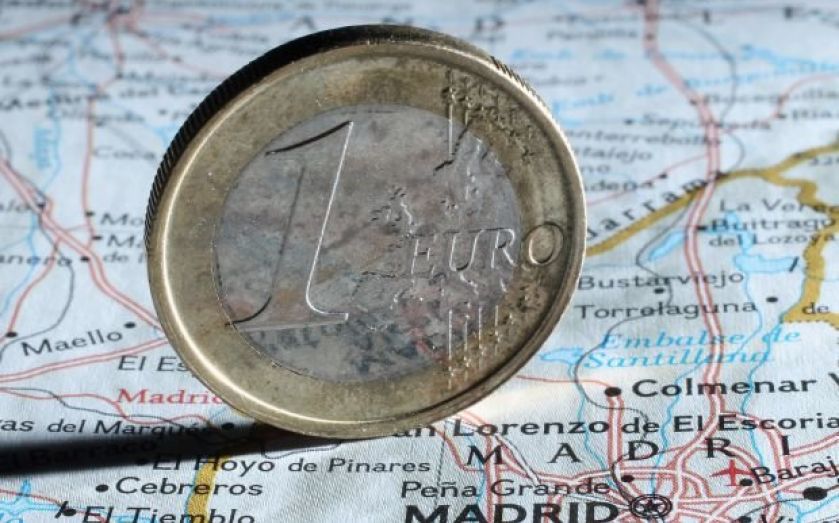Markets go cold as euro slides following German sentiment slump

The euro slid to an 11-month low yesterday after grim signals that even the German economy was slowing down, while the currency union hovered on the edge of deflation.
The euro slipped to $1.336 late last night, dropping another 0.16 per cent during the day. The currency is down by more than four per cent against the dollar since hitting a two-and-a-half year high during March.
The fall followed Germany’s Zew index of economic sentiment, which slumped to the lowest since the end of 2012. The reading dropped to 8.6 for August, nearing negative levels, having plunged from a seven-year high of 62 in December.
When the index was last so low, in the final quarter of 2012, German GDP shrunk by 0.5 per cent, prompting renewed fears for the euro area’s powerhouse economy. Second quarter growth figures will be revealed tomorrow, but analysts are already scaling back their expectations.
Berenberg Bank’s economists have already cut their forecasts for the Eurozone, projecting just 0.1 per cent growth in each of the next two quarters. Saxo Bank’s Steen Jakobsen also expects just a 0.1 per cent boost or lower, calling the year a “total loss”.
Global investors are rapidly souring on the Eurozone too – Bank of America Merrill Lynch’s latest survey, released yesterday, showed fund managers’ sentiment towards European markets plunging at the steepest pace on record.
There were more signs of deflationary pressure yesterday, with data confirming that the Portuguese consumer price index (CPI) dropped by 0.9 per cent in July, the deepest since 2009. Italy also revised its inflation figures downward yesterday – there was no change in CPI in the year to July. The dreary figures add to Spain’s, released earlier in the month, which confirmed a 0.3 per cent decline in prices.
The euro overnight average interest average (Eonia) also fell to 0.01 per cent, the lowest in the euro’s history. The index tracks rates at which Eurozone banks lend to each other.